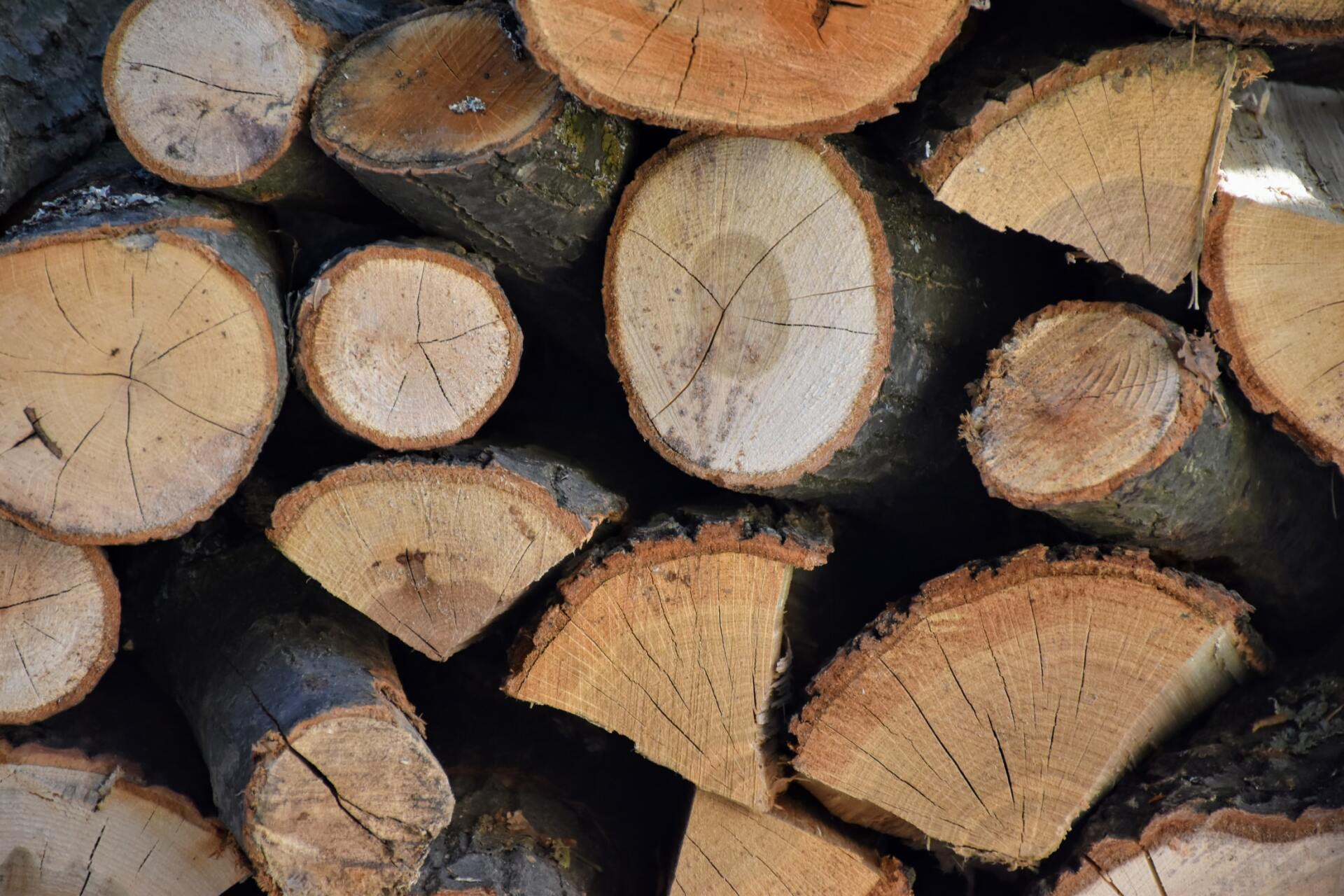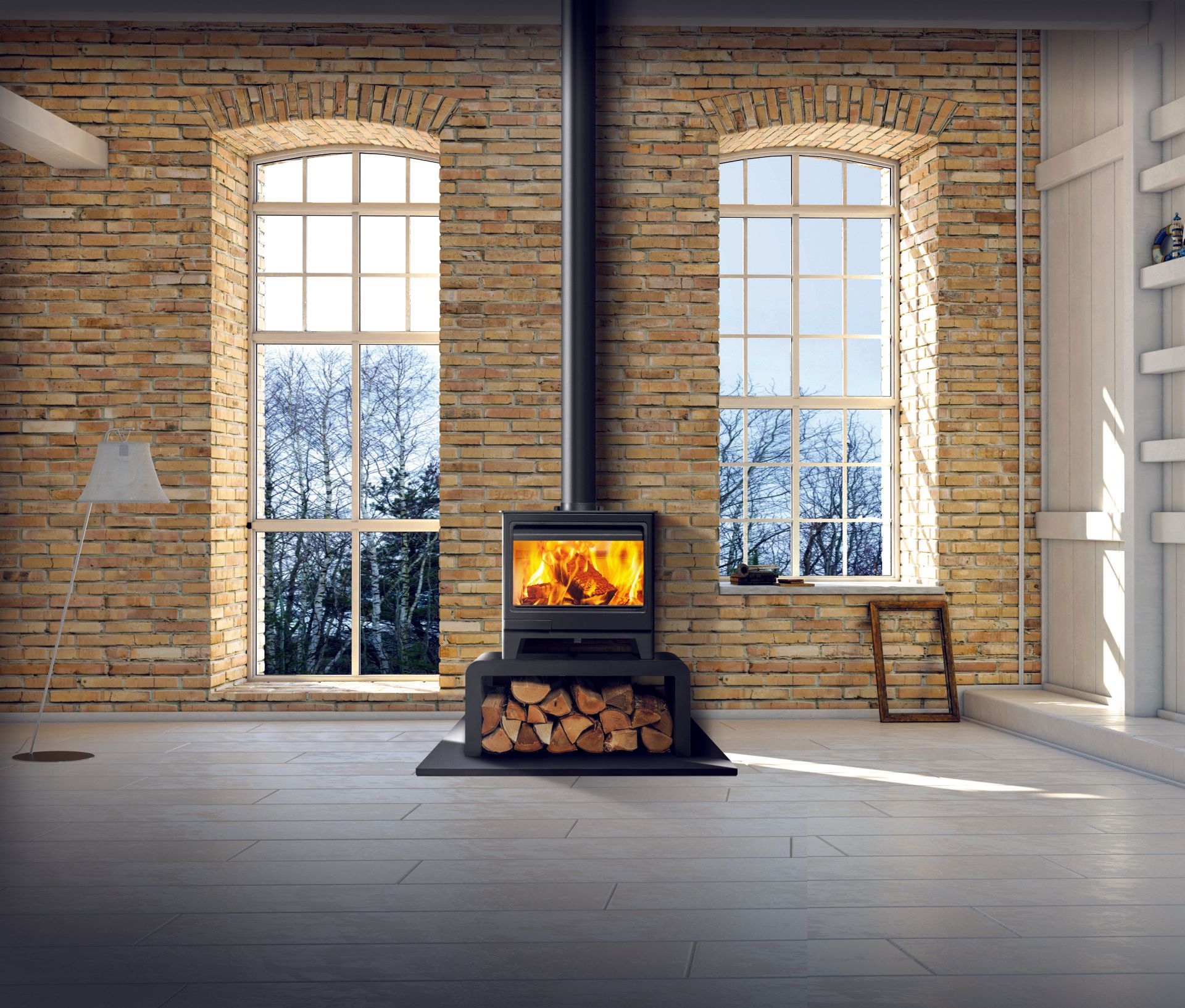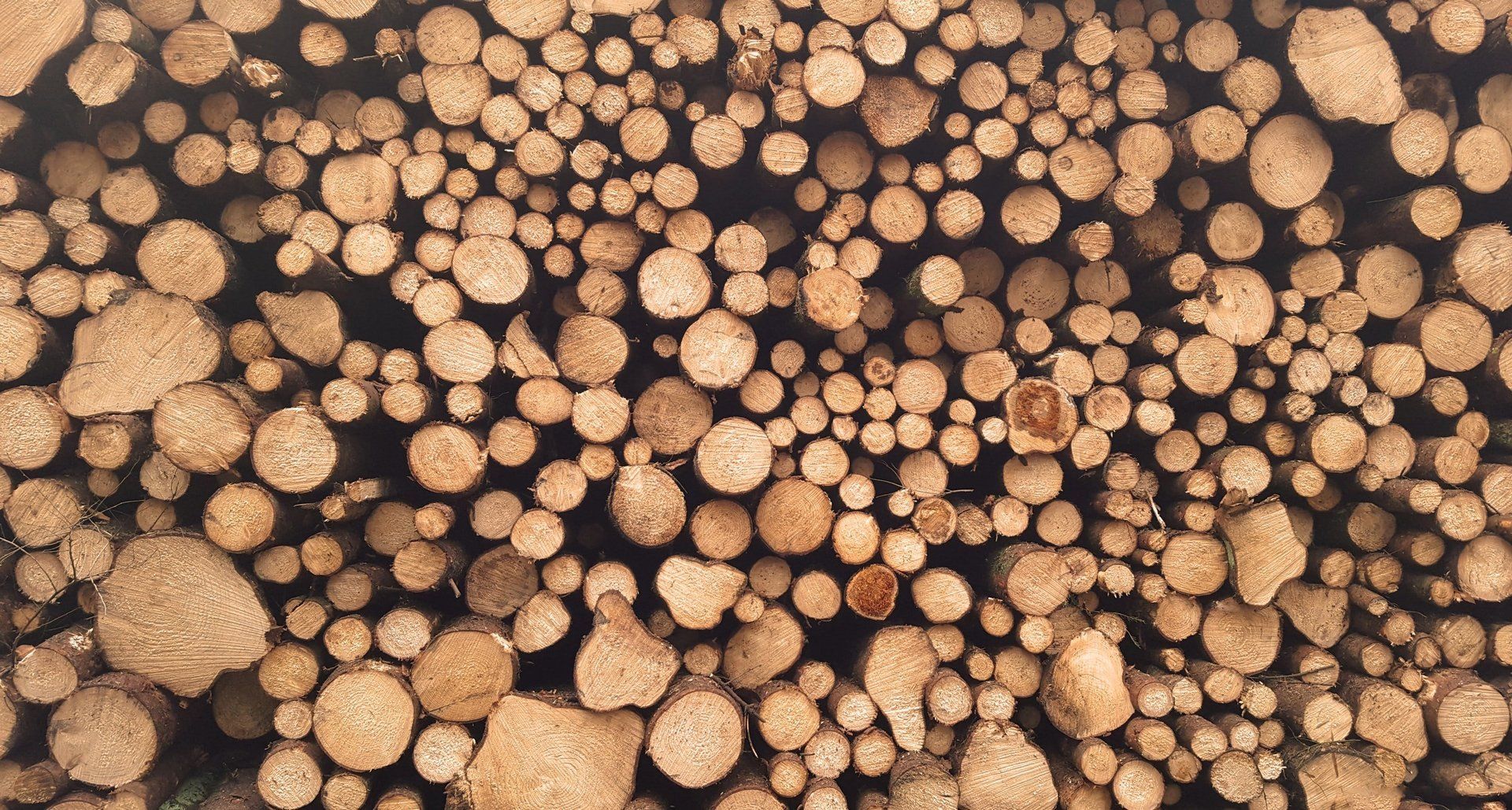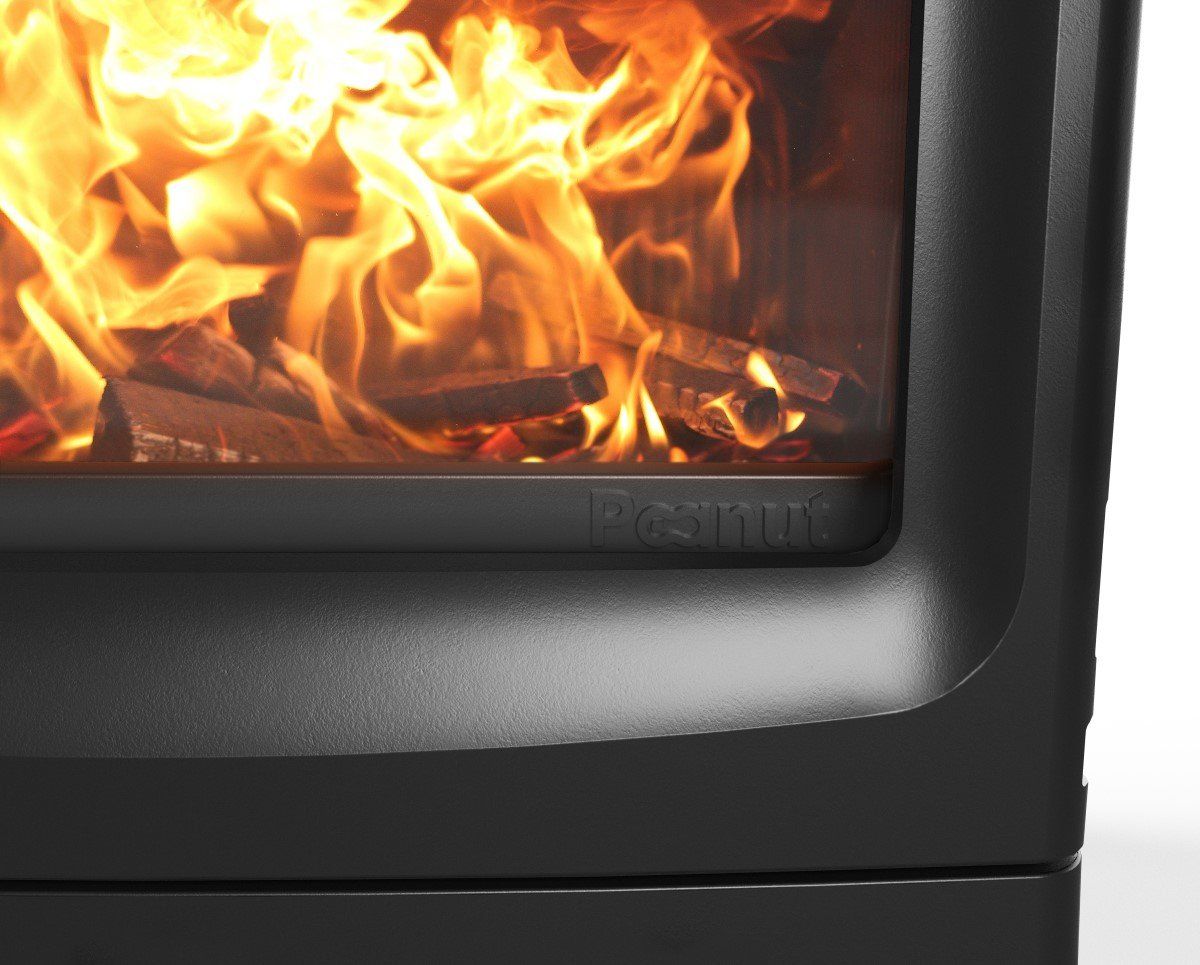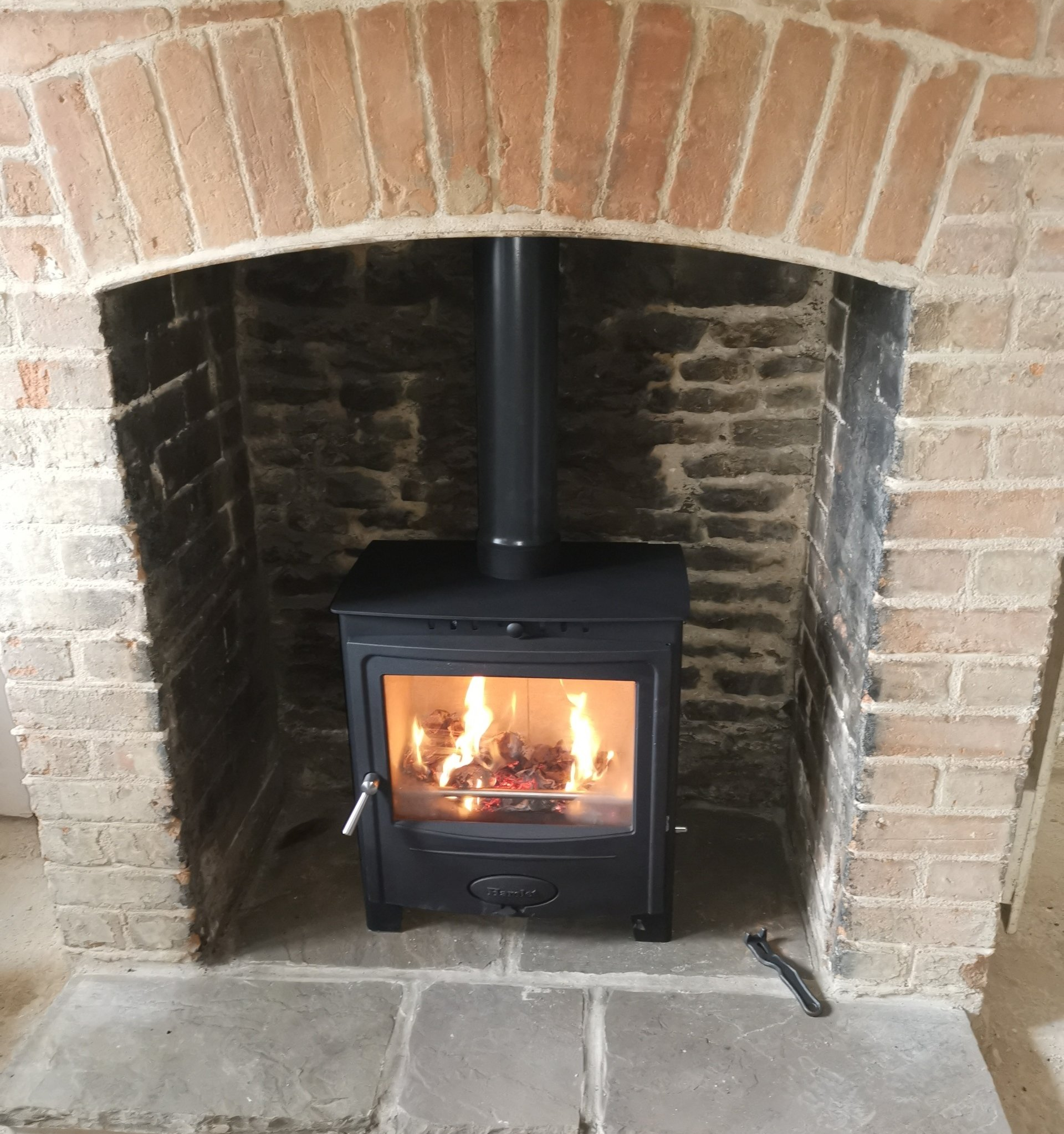Are multi fuel and woodburning stove fuels being banned?
Short answer: Not all of them. Long Answer: New regulations.
The government has announced changes to the regulations concerning woodburning & multi fuel stove fuels due to the harmful level of pollutants that they produce.
The changes:
- Traditional house coal will be phased out. By February 2021 bagged house coal will no longer be available for sale, and by 2023 loose house coal that is delivered direct will no longer be available.
- Wet wood will be phased out from February 2021. This is only for sales below two cubic metres, for amounts above this it will still be sold with advice on how to properly dry the wood for burning.
- Solid fuel products that remain on sale will require the manufactures to provide proof of a low sulphur content and minimal smoke emissions. Smokeless coal will remain on sale as long as it meets the new regulations.
What does this mean to owners of multi fuel or woodburning stoves?
The honest answer is not a lot.
Industry standard has been ahead of these changes for several years. Anyone that has purchased a stove in recent years will have been advised that burning wet wood, which has a moisture content above 20% and house coal will invalidate any guarantees for a woodburner, multi fuel stove and any pipework required for the installation. More often than not operating instructions provided with stoves will clearly state that only seasoned or kiln dried logs with a moisture content of below 20% or smokeless fuels can be burnt inside the units, any other fuel will invalidate guarantees.
The reasoning behind this is not just due to emissions but also because traditional house coal and wet wood produce a great deal of soot, tar, creosote and other harmful substances that can cause damage to stoves and pipework, as well as heightening the risk of a chimney fire.
Most reputable retailers avoid selling wet wood to the general public already and sell either seasoned or kiln dried logs. Most will advise if you want true ready to burn logs to purchase kiln dried as the process they go through to dry them often gets a lower moisture content that logs that have been left to season naturally for eighteen months plus.
All reputable coal merchants and HETAS engineers who are
qualified installers of multi fuel stoves will advise not to burn traditional
house coal in stoves, and heavily stress that only smokeless fuels can be
burnt.
Who will these changes actually effect?
These changes will
primarily affect open fire owners who will no longer be able to purchase house
coal and those who are not aware that they should not be burning these fuels in
woodburners or multi fuel stoves already.


